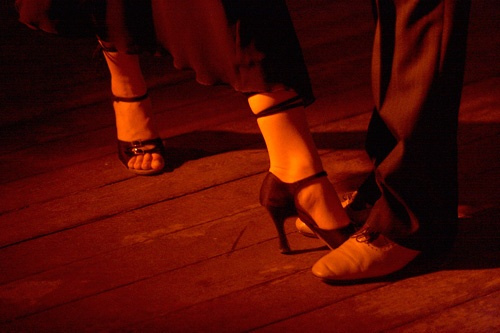 With current emotions for the people of Greece running high, it seems many are turning to tango as the dance of passion to help them during troubled times. It is natural that humans want to express themselves, and particularly during the hard times Greeks are experiencing. Dance is naturally unspoken communication and through the tango and Argentine tango there is so much passion to convey.
With current emotions for the people of Greece running high, it seems many are turning to tango as the dance of passion to help them during troubled times. It is natural that humans want to express themselves, and particularly during the hard times Greeks are experiencing. Dance is naturally unspoken communication and through the tango and Argentine tango there is so much passion to convey.
Traditionally, Greeks many have agreed that their favourite pastime was sitting around a table dining with family and friends, but now, with tango music powered by generators attached to cars, habits have changed and Greeks have turned to other forms of relief. It is maintained that Greeks also have a special affection for Argentina, the birthplace of tango, as a country whose economic troubles is often compared to their own. Perhaps this explains why tango is so popular among the Greeks.
In Greece pop-up milongas, like tango dance studios outside, have gained a popularity especially with the growing numbers of the young and middle-aged who have turned to tango. There are now three or four milongas every day and most are free of charge. Tango studios are appearing in lower-class areas equally quickly, mirroring the pattern of when tango first originated in Buenos Aires in the early 19th century.
For many it is the philosophy of the tango that is appealing as everyone can improvise, a man can lead or a woman can lead and at any time the rules can change. In recent years, Greece has produced world-class tango dancers, with several winning European championships and emerging as finalists in global competitions. The dance form – so resonant of love and loss – appeals naturally to their experiences. Many would even argue that Greeks invented drama, so their appreciation of tragedy is very compatible with tango.
